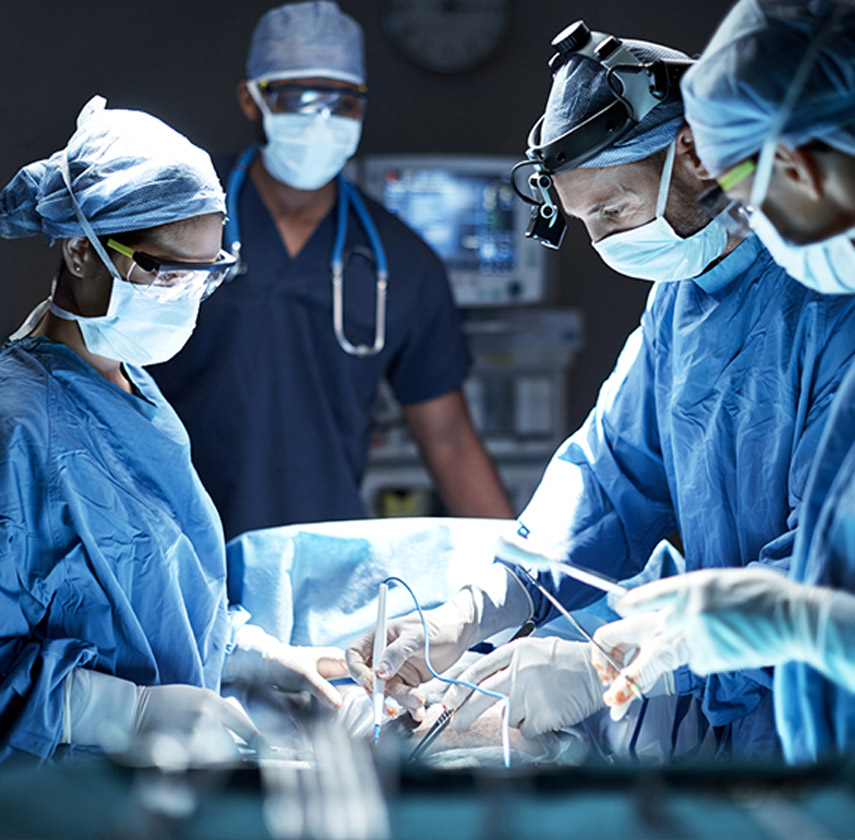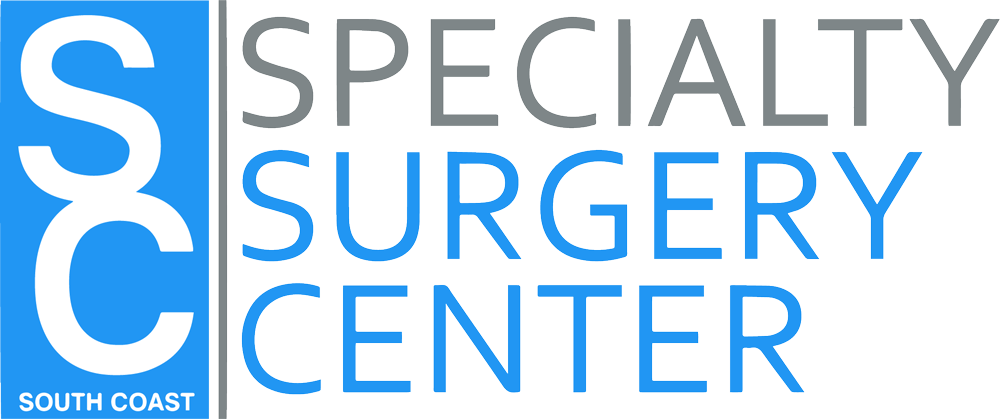
Many women decide to get breast implants to help improve their appearance. However, in recent years, breast implants have been shown to be associated with diseases such as rheumatoid arthritis, scleroderma, Sjögren’s syndrome, and even cancer. Patients who develop a condition caused by or associated with breast implants may need to undergo breast implant illness surgery to remove the implants.
Risks of Breast Implants
In addition to increasing the risk of certain illnesses, breast implants can also cause:
- Sensory changes
- Breast pain
- Scarring
- Infection
- Implant leakage or rupture
- Gastrointestinal and digestive issues
- Problems with thyroid and adrenals
- Hair loss
- Joint pain
- Rashes
Other complications associated with breast implants include:
- Bruising
- Bleeding
- Skin necrosis
- Blood clots
- Slow wound healing
- Scar tissue buildup (capsular contracture)
- Implant deflation and rupture
- Thinning of the breast tissue and skin
- Change in breast shape, volume, or sensation
- Breast discomfort
- Nipple discharge
- Calcium deposits
- Dropping or bottoming out of the implant
- Asymmetry
- Need for additional surgery


Who Needs Surgery?
Patients experiencing the following symptoms should call their doctor right away:
- Prolonged and continuous swelling or pain around the breast implant
- Fluid collection around the breast implant
- Capsular contraction
- Redness
- Pain
- Fever
- Fatigue
- Cognitive impairment
- Dry eyes
- Dry mouth
- Pyrexia
- Arthralgias, myalgias
Breast implant removal surgery may be necessary if:
- The breast implant is leaking
- There are significant calcium deposits around the implant
- The patient has an autoimmune response to the implant
- The patient has necrosis or tissue death around the implant
- There is pain related to the implants
- One or both implants are shifting or moving
- The patient develops new allergies, food intolerances or chemical sensitivities
Removing breast implants may provide significant relief for patients experiencing an autoimmune response. However, patients should receive a thorough evaluation before determining a proper course of action.
Prior to surgery, the surgeon will examine the patient’s breasts, take photographs, and discuss recommendations and options. Once the surgery has been scheduled, patients will receive instructions detailing how to prepare for the procedure.
Before the Procedure
To prepare for breast implant removal surgery, patients may need to:
- Start taking certain medications or adjust current medications
- Stop smoking
- Avoid taking aspirin, anti-inflammatory drugs, and herbal supplements to decrease the risk of bleeding
- Arrange to have someone drive them to and from surgery
What to Expect During Surgery
The first step in surgery involves placing the patient under general anesthesia or intravenous sedation. Next, a nurse will cleanse the breasts to help prevent infection and prepare the surgical sites. The surgeon will then make an incision along the lower fold of the breast, or around or below the areola. The implant and tissue capsule will be removed and the surgeon will use sutures, skin adhesives, tapes, or clips to close the skin incisions.
If patients also need breast reconstruction, the surgeon will perform a mammoplasty to reshape the breasts or a mastopexy, also referred to as a breast lift.
Why Trust The South Coast Specialty Surgery Center
The surgeons at the South Coast Specialty Surgery Center are highly experienced and trained to perform breast implant illness surgery using the latest techniques.
Patients are encouraged to call the South Coast Specialty Surgery Center to schedule an appointment and learn more about the procedure.
